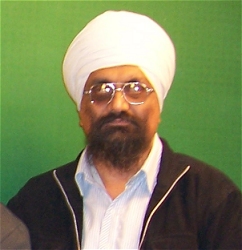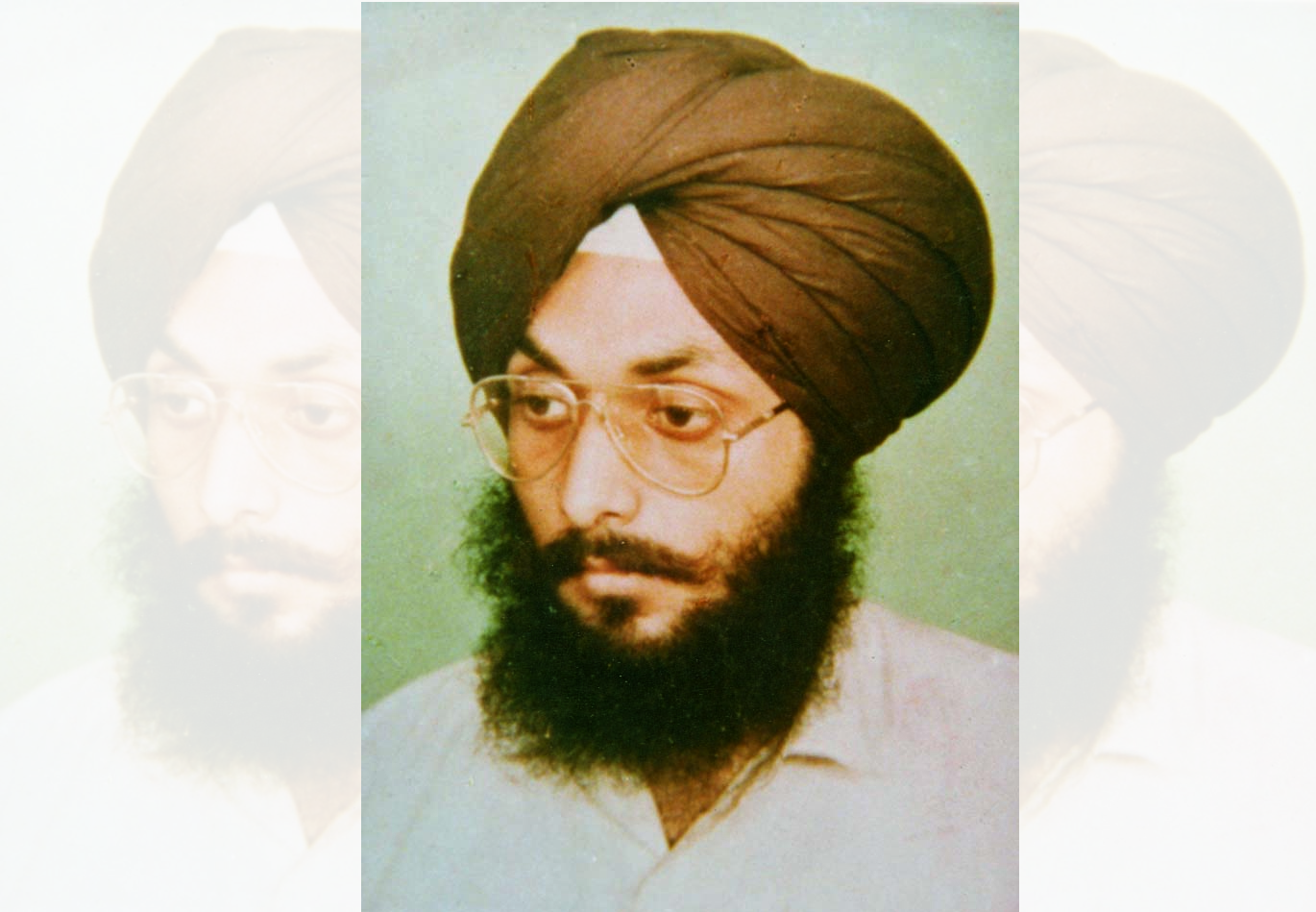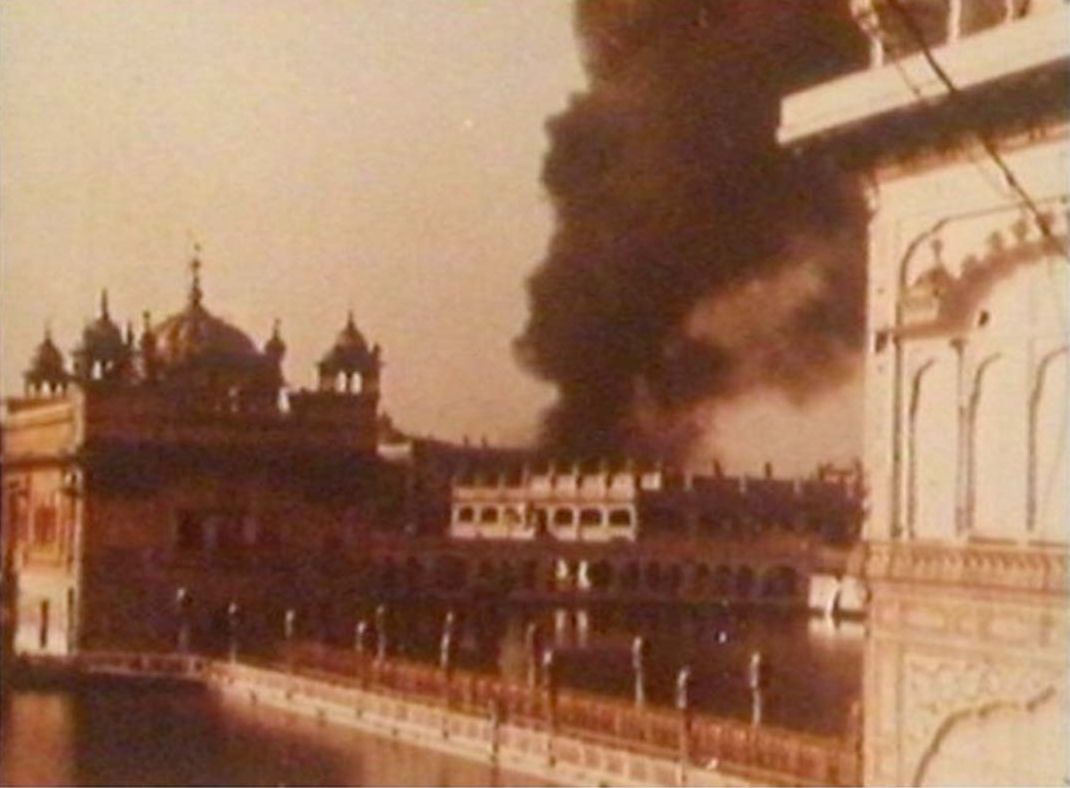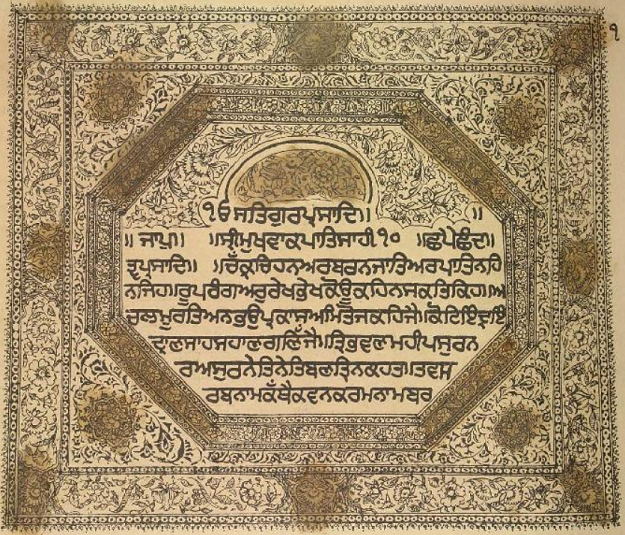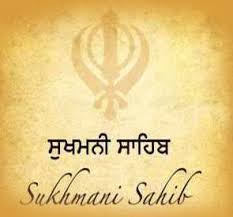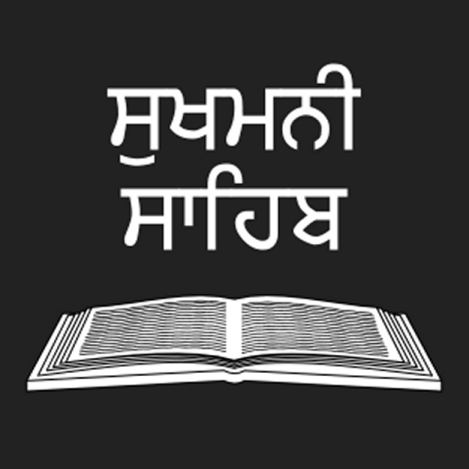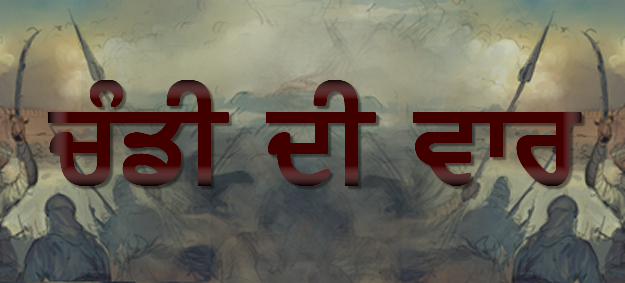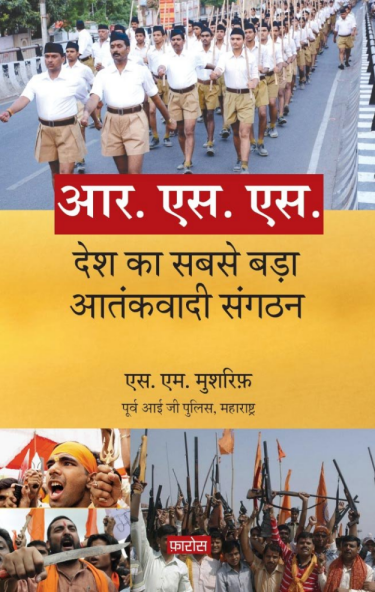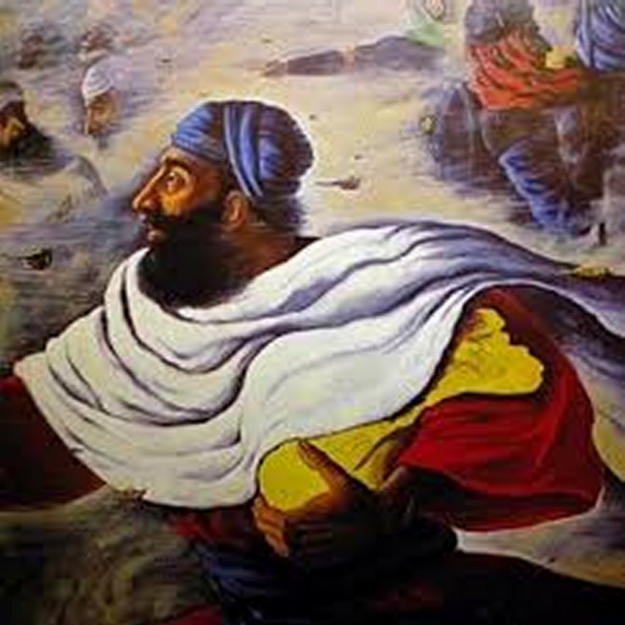
Continued from last weekโฆ
(English Translation of article from book โUjaro Deepaโ written by Prof. Darshan Singh jee Khalsa, from http://www.ggsacademy.com)
The second question people ask is "If we cut our extra nails why should we keep our hair?"
In order to answer above question let us understand the inevitable rule of His universe, that God is life and is related to only life, however to keep His universe afresh He has fixed the lifespan of all of His creations. He has also created a rule that no one in this universe will keep relations to the dead. This is why, when our beloved ones, our brother and sisters, our kids, our parents die, we burn their dead bodies, i.e. we dispose of the dead according to His rule.
In nature even trees shed the dead leaves during autumn. Water bodies and water supports abundant species and life however dead or dead bodies float to the surface and decay because GOD and universe has relation with life only.
However God knows the difference between live and dead, but we sometimes cannot differentiate between these, and stay attached to the dead due to our ignorance.
ਸਰਜੀਉ ਕਾਟਹਿ ਨਿਰਜੀਉ ਪੂਜਹਿ ਅੰਤ ਕਾਲ ਕਉ ਭਾਰੀ ॥ (ਅੰਗ 332)
You murder living beings and worship lifeless things. In your very last moment, you shall suffer in terrible pain.
In our misunderstanding we have misconceptions about the kesh and nails. So Guru teaches us that whether it is a nail or kesh we will not keep the dead. This is why Guru gave us a comb (kanga) (Remember five Kโs given by Guru) so that we can clean out the dead hair and take care of the living hair. Everyday Sikh takes out dead hair with comb and takes care of the living ones. Similarly we only cut the dead and protruding portion of the nails and take care of the rest.
Now here is something else to think about. If the protruding part of the nails is dead then kesh are also dead because while we cut our extra nails, there is no pain, similarly while we cut our kesh there is no pain. Here again we are making another mistake by considering that pain is the only evidence of life, however that is not true.
Letโs see. There is no pain in a tooth itself, so why don't we get rid of the teeth as well? Even doctors can make any part of the body painless if it is needed to carry out any surgery, but he never declares that part of the body dead. So pain is not the evidence of lack of life. In reality the only evidence of life is if something responds to time, weather, disease, medicine or treatment. So let us see if kesh qualify to be living according to above criteria.
We get hair like all other organs at the time of birth. These also increase to their natural length along with other parts of the body. Hairs do respond to aging, medicine, and disease in the similar sense as other parts of the body.
If a young person dies and we keep his/her body for along period his/her hair will not change colour to become white. So kesh live and die with the whole body. Similarly, the internal nails also respond to the overall health of the body and are alive, hence we never remove these. Only the dead portion is removed or cut.
So, by giving the example of dead portion of nails and declaring the kesh dead is a great mistake. So we should keep our kesh healthy and follow Godโs wish, who has gifted us the whole body and all parts of it. This is the teaching of our Guru as well, always respect Godโs will.
Views and opinion expressed in guest editorials/columns are of the author and do not necessarily reflect the view or opinion of Panthic.org or Khalsa Press.


